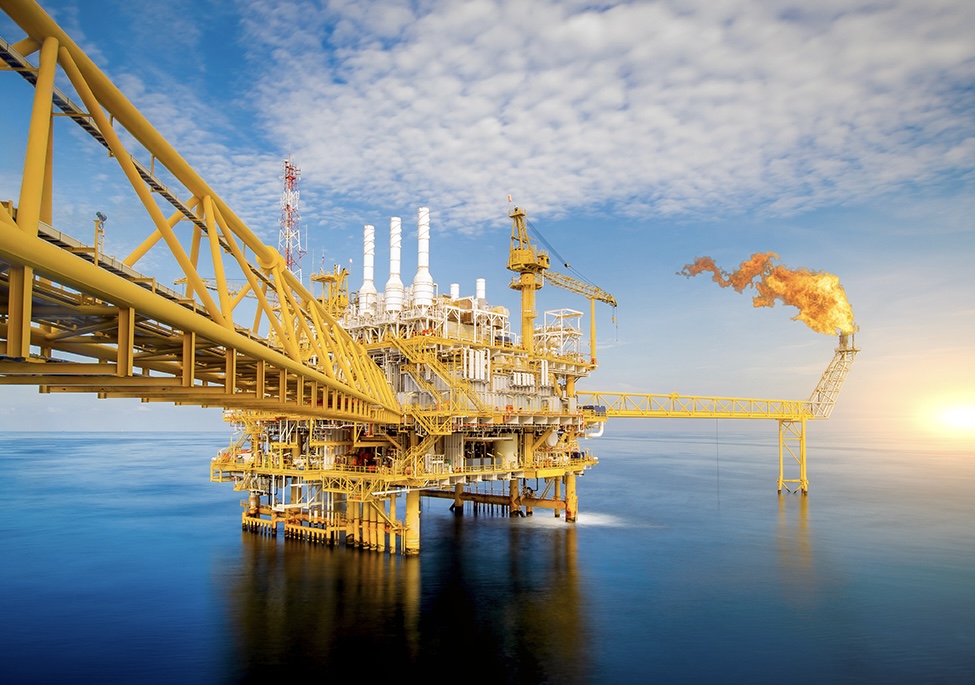Key Points
- Mbanie Island dispute heads to the ICJ in 2025.
- Oil-rich waters around Mbanie have driven intense rivalry.
- Gabon and Equatorial Guinea are seeking control to boost revenues.
The small island of Mbanie, barely a kilometer long, has become the focal point of an intense territorial dispute between two OPEC members, Gabon and Equatorial Guinea.
This 74-acre island, surrounded by promising oil and gas deposits, is now central to a case presented to the International Court of Justice (ICJ), marking the culmination of a decades-long conflict fueled by the island’s potential as a base for further crude oil exploration.
Mbanie Island dispute escalates with ICJ case
The dispute, rooted in events dating back to the early 1970s, re-emerged when the potential for oil exploration in the surrounding waters became clear. In 1972, Gabon’s military seized the island, ejecting Equatorial Guinea’s forces and establishing its own presence.
Since then, the two countries have sparred over Mbanie’s sovereignty, reigniting tensions in the 2000s as hydrocarbon interests surged. After years of UN-mediated discussions, both countries agreed in 2016 to allow the ICJ to resolve the dispute.
Equatorial Guinea has based its claim on a 1900 treaty between colonial powers Spain and France, which demarcated territories in West Africa. Gabon, however, is relying on the 1964 Bata Convention to assert its right to Mbanie. Equatorial Guinea disputes the validity of Gabon’s documents, arguing that the copies presented are unsigned and non-original, thereby lacking legal weight. A binding ICJ decision is anticipated in 2025.
West Africa’s oil dispute over Mbanie island
The battle for Mbanie Island intensifies as Equatorial Guinea and Gabon face economic strain from declining oil production. Equatorial Guinea’s output has dropped 79% since its peak of 289,000 b/d in 2015, with OPEC revising quotas due to its September 2024 rate of 60,000 b/d.
Gabon’s production has stagnated at around 210,000 b/d since 2016. Both nations are seeking to revive their oil sectors, with control of Mbanie promising critical revenue. Key assets like Equatorial Guinea’s Ceiba field and Gabon’s Nyonie Deep 1 are poised to drive output, drawing interest from companies such as Perenco and Capitaine Energy.
As energy security concerns grow, Gabon recently blocked an Assala oil asset deal to safeguard production, underscoring the stakes. Mbanie’s outcome will have major implications, with energy security and economic stability on the line for both nations.



